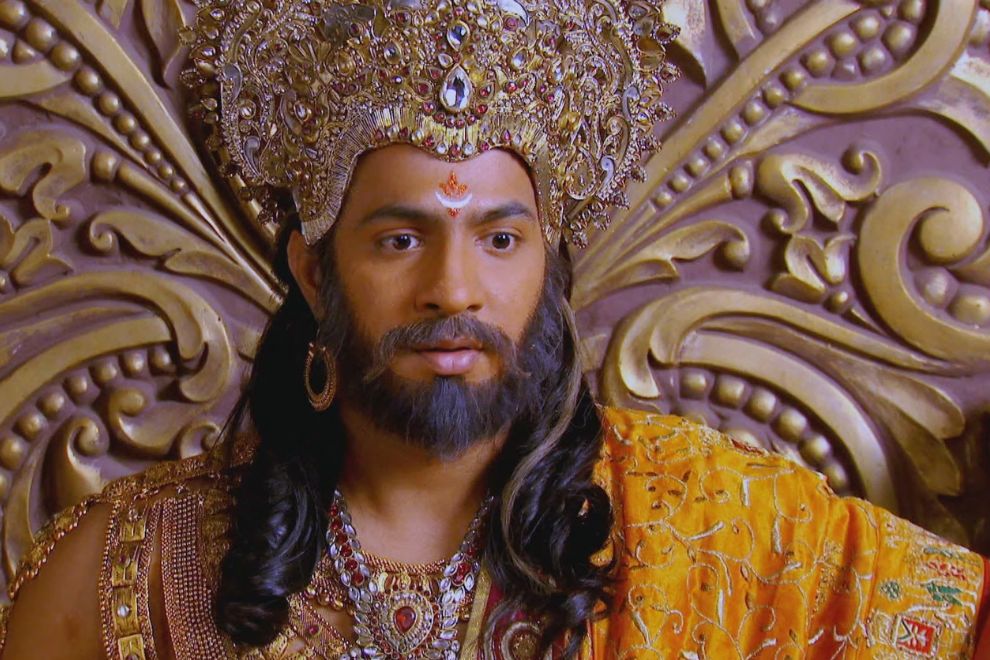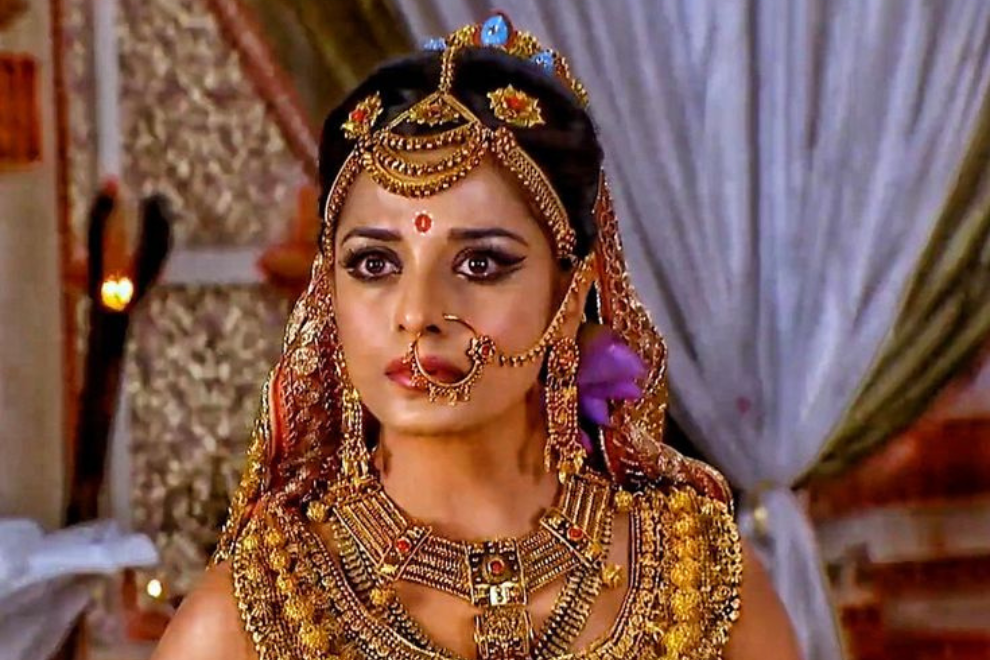A King Without Sight, A Life Without Clarity
Dhritarashtra, the blind king of Hastinapur, is one of the most tragic and complex characters in the Mahabharat. Though physically blind from birth, his greater flaw was his emotional blindness — particularly his unwavering attachment to his son, Duryodhana. His silence in moments of injustice and his inability to act fairly made him a symbol of moral paralysis.
Here are powerful and reflective quotes that capture the essence of Dhritarashtra — not just as a ruler, but as a father, a man, and a symbol of flawed humanity.
Quotes on Dhritarashtra’s Blind Attachment
- “Born blind, but it was attachment that truly clouded Dhritarashtra’s vision.”
His physical blindness wasn’t his downfall — his emotional choices were. - “A king who saw no wrong in his son’s ambition lost the kingdom to his silence.”
His refusal to correct Duryodhana ultimately cost him his legacy. - “Dhritarashtra’s blindness was not of the eyes, but of judgment.”
A reminder that wisdom isn’t about what you see, but what you choose to believe.
Quotes on Power, Silence, and Responsibility
- “In choosing love over justice, Dhritarashtra lost both.”
His decisions were driven by fear of losing his son — and he lost everything anyway. - “The throne weighed less than his love for Duryodhana, yet it cost him everything.”
His love blinded him to the responsibilities of a just king. - “He ruled a kingdom, but couldn’t rule his own heart — Dhritarashtra’s true war was within.”
The inner conflict defined his entire reign.
Quotes on Guilt, Fate, and Reflection
- “When silence becomes complicity, even a father becomes part of the downfall.”
His inaction made him responsible for the war’s destruction. - “His heart beat for Duryodhana, but history remembers Dhritarashtra for his inaction.”
Love remembered, justice forgotten. - “Not all kings lead with vision—some lead with fear, guilt, and grief.”
Dhritarashtra became a symbol of how not to lead. - “Dhritarashtra reminds us: justice delayed by love is justice denied to all.”
A painful truth echoed throughout the Mahabharat.
Dhritarashtra’s life teaches us that leadership demands courage, not just loyalty or love. His failure wasn’t in being blind, but in being unwilling to stand against wrong — even when it came from his own blood.
In today’s world, Dhritarashtra’s story remains deeply relevant. It speaks to leaders, parents, and individuals alike about the dangers of emotional bias, silence in the face of injustice, and the heavy cost of misplaced loyalty.




